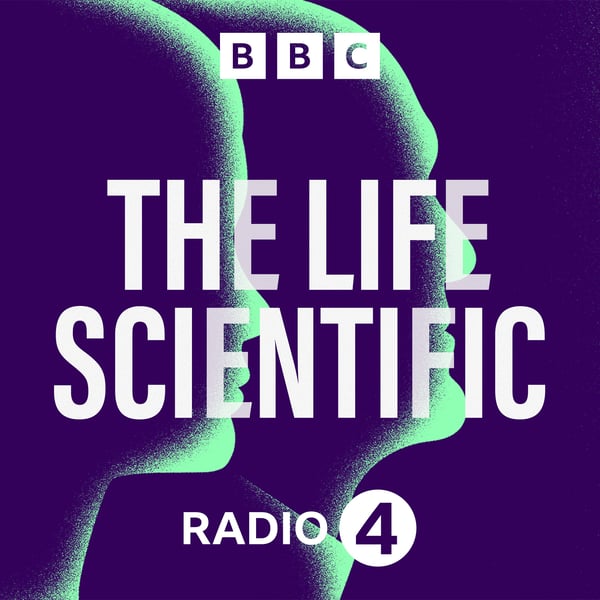Liz Seward and the dream of spaceflight
The Life Scientific
BBC
4.6 • 1.4K Ratings
🗓️ 26 May 2020
⏱️ 31 minutes
🧾️ Download transcript
Summary
Transcript
Click on a timestamp to play from that location
| 0:00.0 | You're about to listen to a BBC podcast and trust me you'll get there in a moment but if you're a comedy fan |
| 0:05.2 | I'd really like to tell you a bit about what we do. I'm Julie Mackenzie and I commission comedy |
| 0:10.2 | podcast at the BBC. It's a bit of a dream job really. |
| 0:13.0 | Comedy is a fantastic joyous thing to do because really you're making people laugh, |
| 0:18.0 | making people's days a bit better, helping them process, all manner of things. |
| 0:22.0 | But you know I also know that comedy is really |
| 0:24.4 | subjective and everyone has different tastes so we've got a huge range of comedy on offer |
| 0:29.6 | from satire to silly shocking to soothing profound to just general pratting about. So if you |
| 0:36.2 | fancy a laugh, find your next comedy at BBC Sounds. |
| 0:40.6 | Thanks for downloading this edition of The Life Scientific with Meijumalkulele. |
| 0:44.0 | Today, engineering for the extremes of space, designing the rovers we send to explore other planets |
| 0:50.6 | and the challenges of launching them. |
| 0:52.4 | BBC Sounds. planets and the challenges of launching them. |
| 0:53.0 | BBC Sounds, music, radio podcasts. |
| 0:57.0 | Hello, you might think your travel plans for the summer have been |
| 1:01.0 | disrupted by current events. |
| 1:03.0 | Well imagine if you'd been planning an ambitious holiday for over 10 years. |
| 1:08.0 | You'd finally dotted all the eyes and crossed all the teas, |
| 1:11.0 | involve many friends from around the world, you spent millions on |
| 1:14.6 | preparations and were due to leave this summer. Then because of the coronavirus you've |
| 1:19.4 | had to postpone the trip for another two years. Not because of the pandemic but because you can only |
| 1:25.4 | get there once every two years. Well that happened in a manner of speaking to my |
... |
Please login to see the full transcript.
Disclaimer: The podcast and artwork embedded on this page are from BBC, and are the property of its owner and not affiliated with or endorsed by Tapesearch.
Generated transcripts are the property of BBC and are distributed freely under the Fair Use doctrine. Transcripts generated by Tapesearch are not guaranteed to be accurate.
Copyright © Tapesearch 2025.

